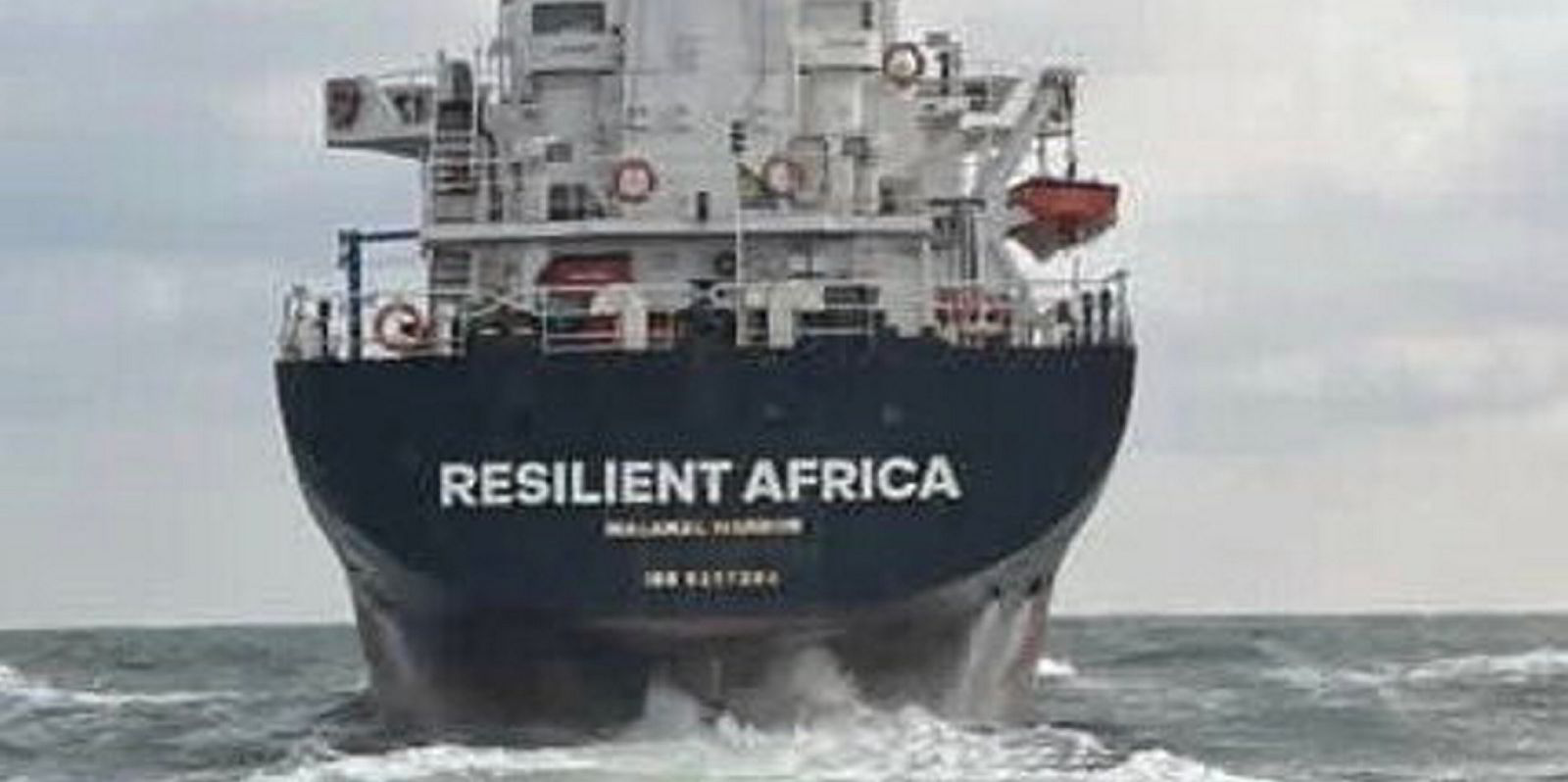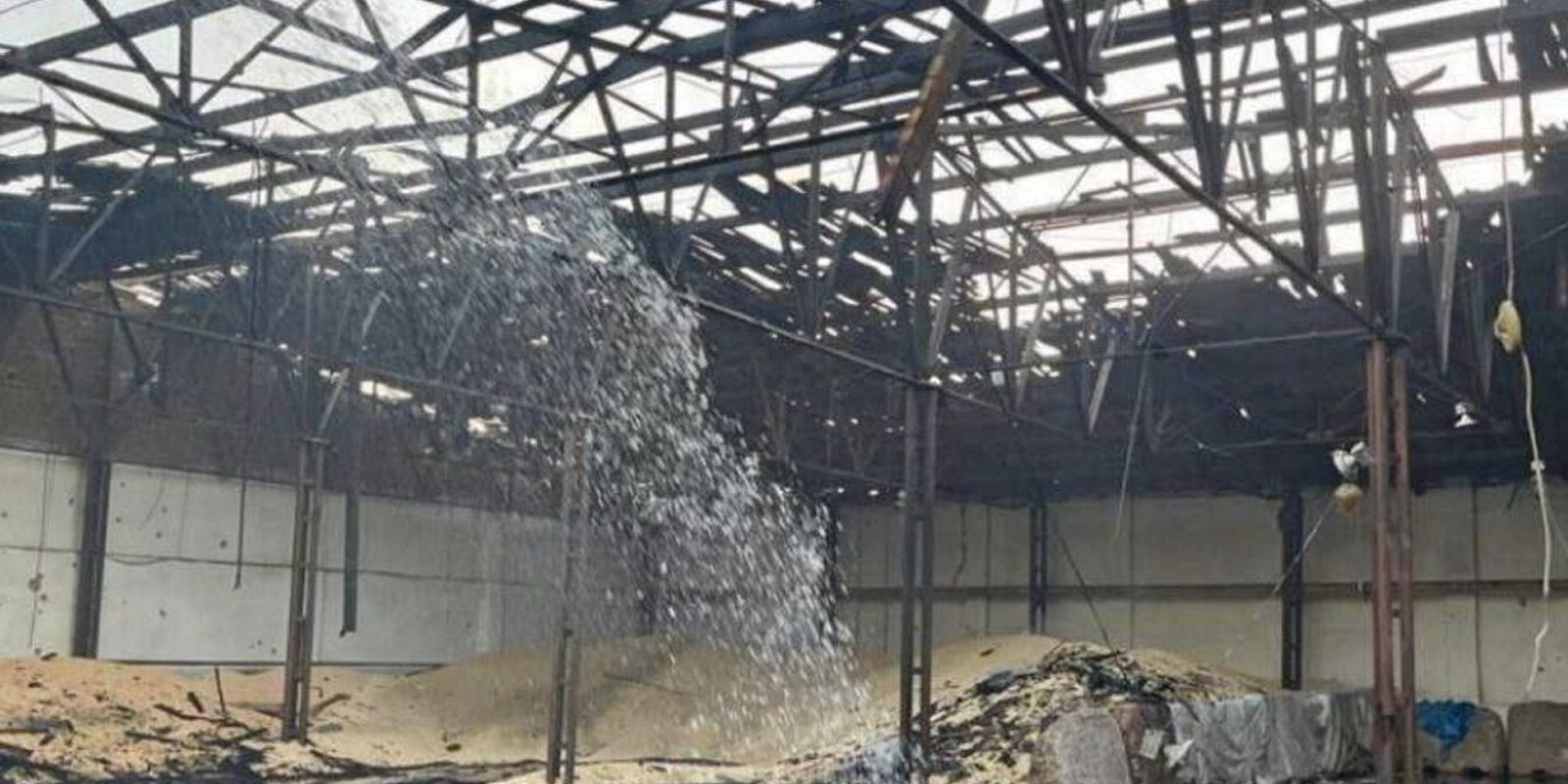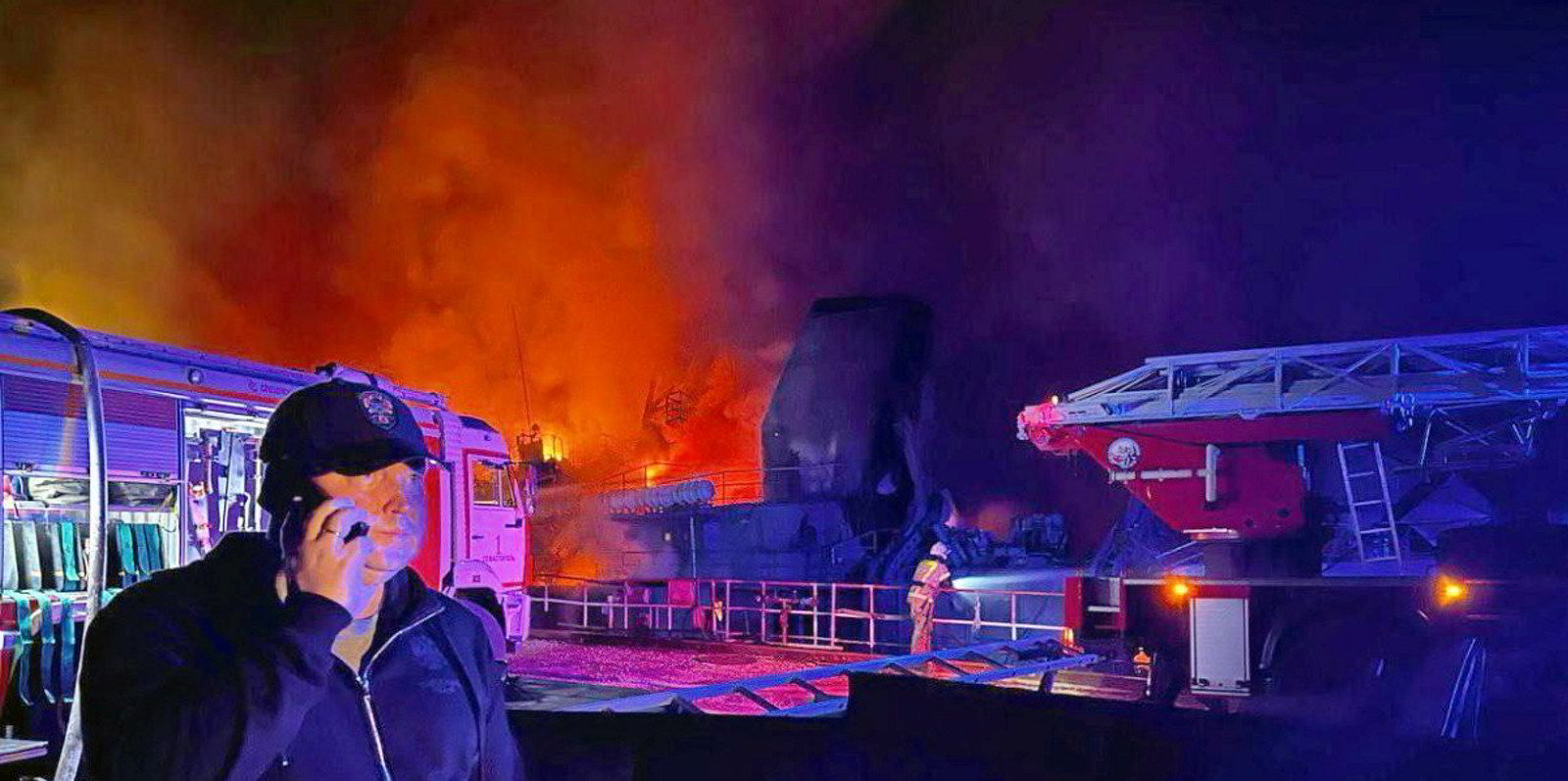Two small cargo vessels reached Chornomorsk on Saturday, defying a Russian blockade of Ukraine's deepwater ports in the Black Sea for the first time since the suspension of a UN-protected grain corridor three months ago.
The ships in question are the 18,300-dwt Aroyat (built 1997) and the 3,300-dwt Resilient Africa (built 2001).
The two vessels “confirmed their readiness to use the route to the port of Chornomorsk to load almost 20,000 tons of wheat for Africa and Asia,” Ukraine’s infrastructure minister Oleksandr Kubrakov tweeted early on Saturday.
According to ship trackers, both vessels entered the terminal by about 1830 GTM later in the day.
Chornomorsk is the southernmost of Ukraine’s three blocked deep-water ports and has been attacked least so far by Russian drones and missiles.
Before reaching port, the Aroyat and the Resilient Africa made a detour that led them much further to the north, off Odesa.
With a time difference of about three hours between them, the two ships briefly met the Ukrainian pilot boat Lotsman Mazhara and then swerved south towards Chornomorsk again.
Both vessels fly the flag of Palau and their crews are from Turkey, Azerbaijan, Egypt and Ukraine.
Shipping data platforms show both vessels under Turkish management — the Aroyat with Kiva Marine and the Resilient Africa, previously known as Dafne H, with HDR Denizcilik.
These are the first ships to approach Ukraine’s deep-sea ports since July, when Russia pulled the plug on a UN-protected safe corridor under which more than 30m tons of Ukrainian foodstuffs were exported over a period of 12 months during the war out of Odesa, Chornomorsk and Yuzhny/Pivdenniy.
Ukraine has been trying to set up its own maritime corridor since independently and has already used it to get five trapped ships out — one container ship and four bulkers, as TradeWinds already reported.
Organising a large-scale scheme of inbound ships to resume the grain trade, however, is a much tougher task.
It is unknown what war risk cover the Aroyat and the Resilient Africa have, if any. Their eventual success in getting grain out might encourage other shipowners and insurers to emulate them.
TradeWinds reported in August that insurance broker Marsh was involved in talks to arrange war risk cover for Ukraine grain exports along a missile-protected sea corridor.
Insurance sources in the London market had told TradeWinds then that the deal, discussed with Marsh consultancy firm Oliver Wyman, was hinging on a risk-sharing agreement between the Ukraine government and the private insurance industry.
The war risk cover would be for a critical 10 hours sailing from the Romanian border at the Danube up to Ukraine's deep-sea ports, the waiting and loading period, and then the return journey. Underwriters’ exposure could be limited by fast turnaround and limiting the number of ships in the high-risk area at any one time.
Ukraine’s naval guerilla pays off
Ever since the end of the UN’s Black Sea Grain Initiative (BSGI), military operations in the Black Sea have escalated.
As a result of mutual missile and drone attacks, the balance of power in the northwest part of the Black Sea, through which the Ukrainian corridor goes, has shifted somewhat in Kyiv’s favour.
Over the last few days, Ukraine has successfully hit military installations and naval assets in Crimea, the key outpost Russia uses to control the Black Sea.
Ukraine also said earlier this month that it has recaptured some abandoned offshore gas and oil rigs in the area, which should allow it to better control adjacent waters.
According to Russian bloggers, two Ukrainian navy gunboats and MiG-29 fighter aircraft were protecting the 35,000-dwt Puma (built 2017) as it left Odesa on Friday.
The Blumenthal Asia-managed ship is one of the five trapped vessels that left Ukraine since August and the first one to carry foodstuffs — a load of rapeseed.
Both Russia and Ukraine have said they consider each other's ship traffic in the region as a potential military target.
Russia has expressed concerns that inbound ships might be used to carry weapons to Ukraine. Moscow has already subjected some vessels to inspections heading towards Ukraine’s ports along the Danube.
Russia has been using drones to attack Ukraine’s small Danube ports of Izmail and Reni but it has not blocked them.





